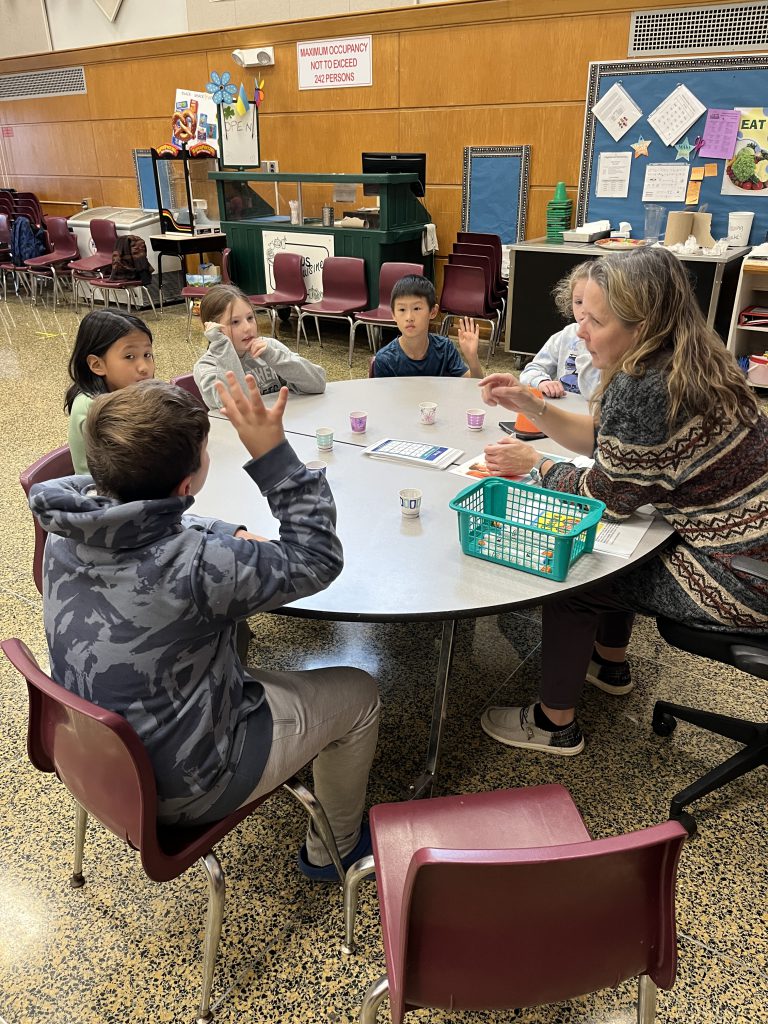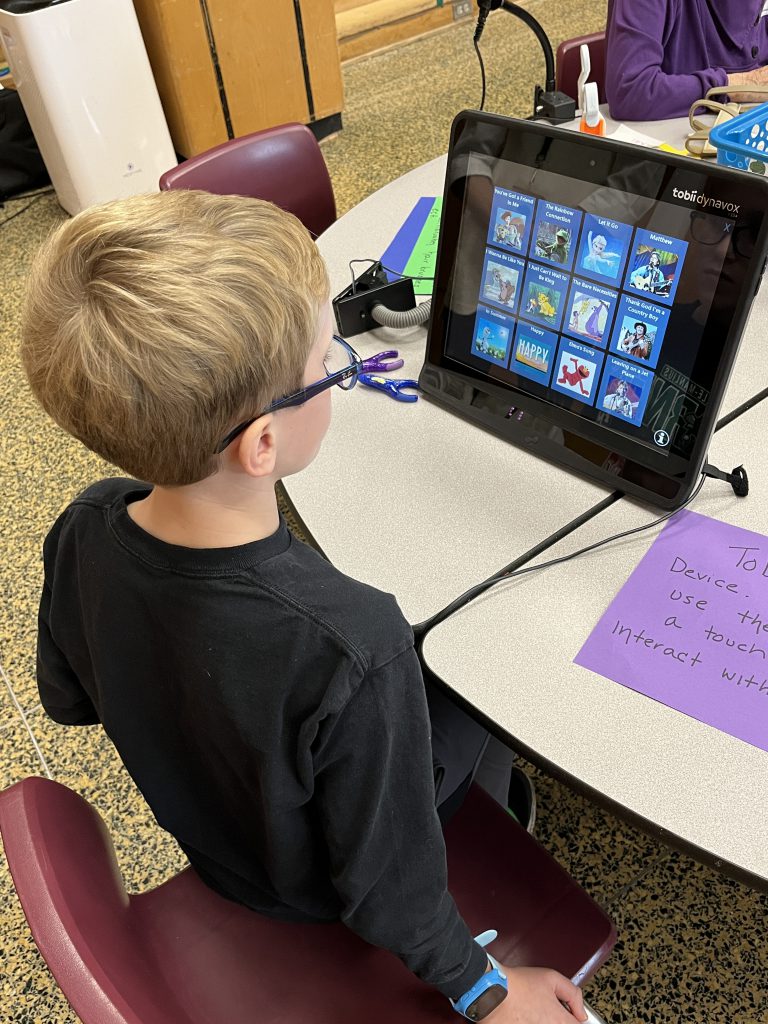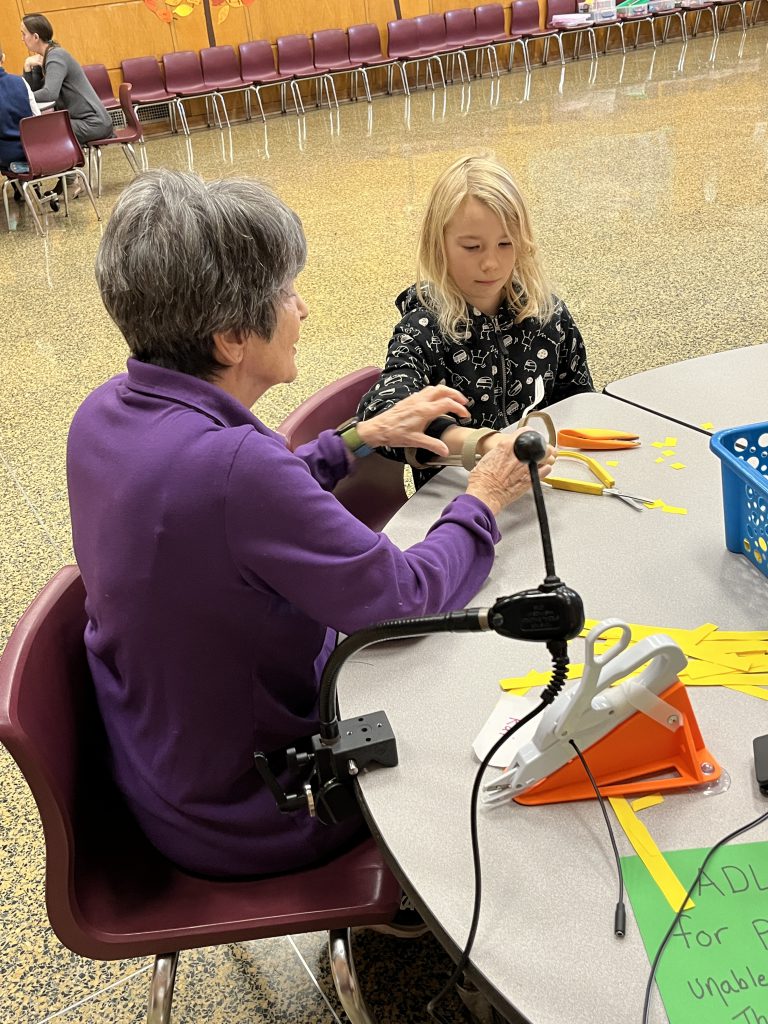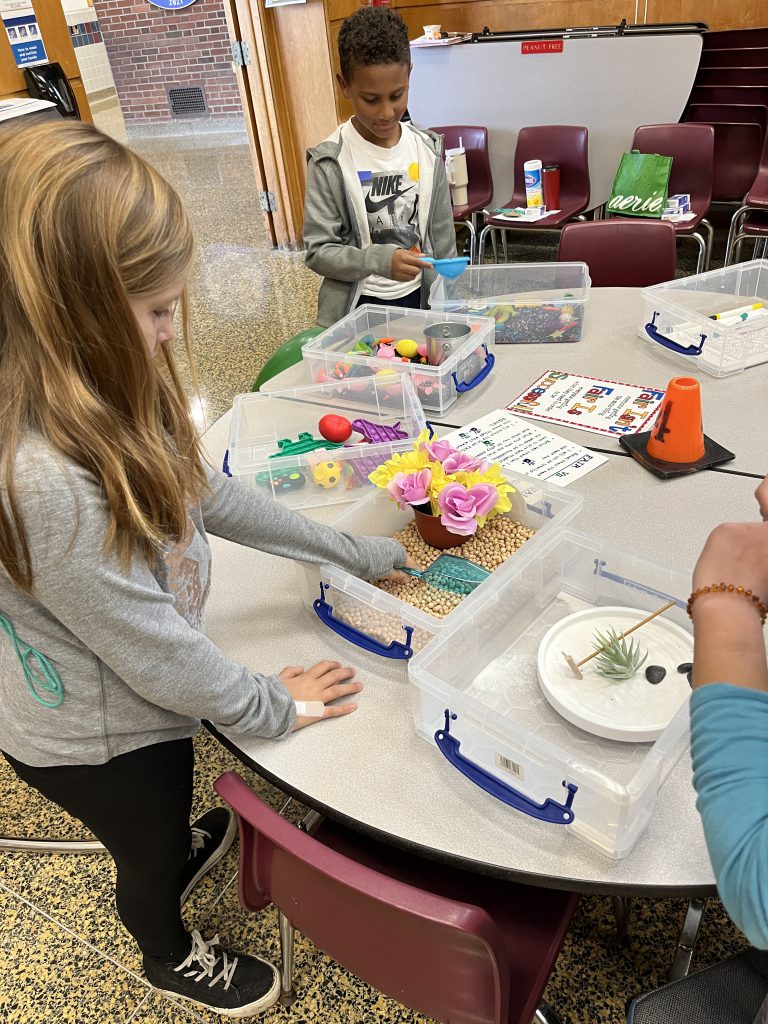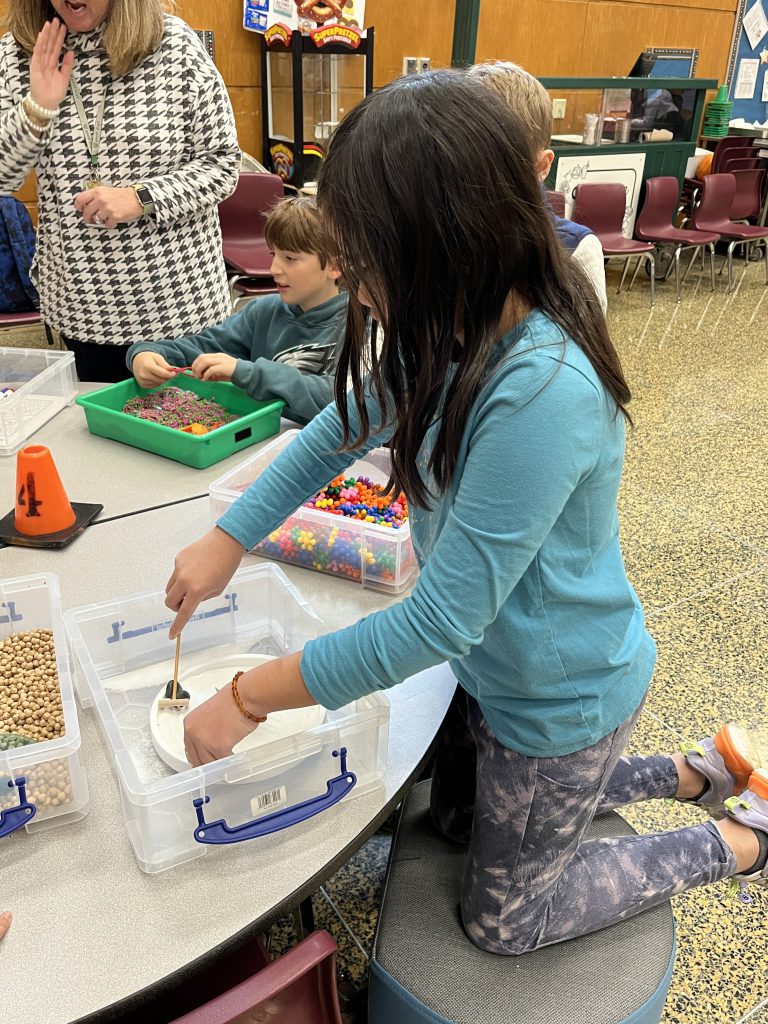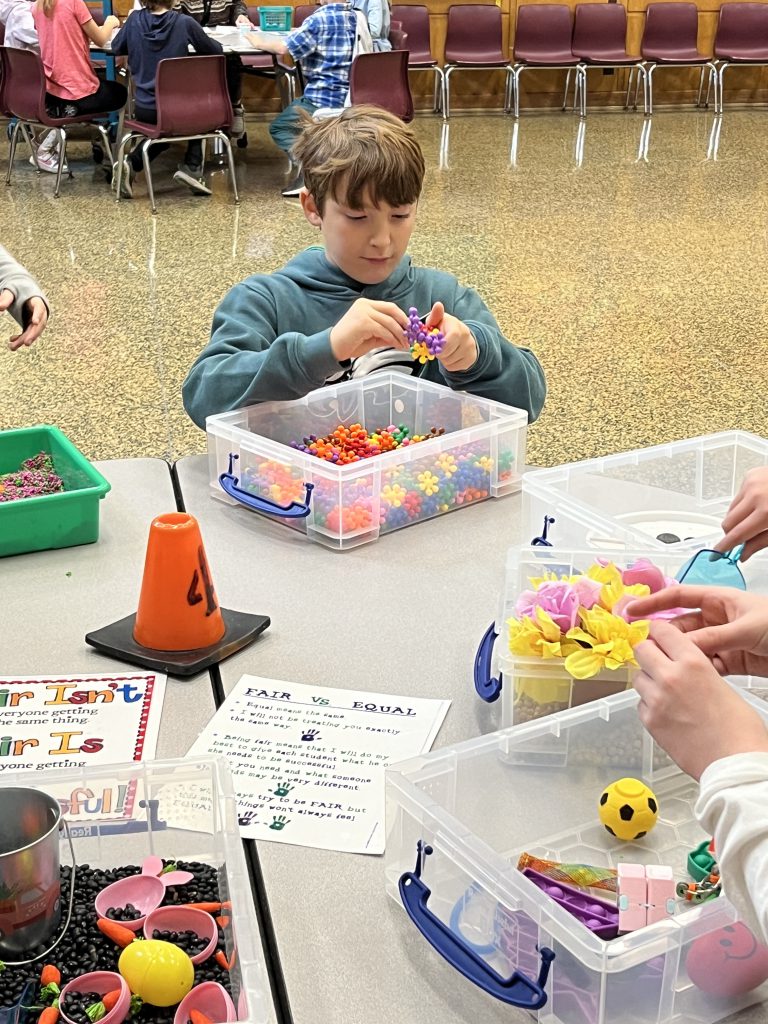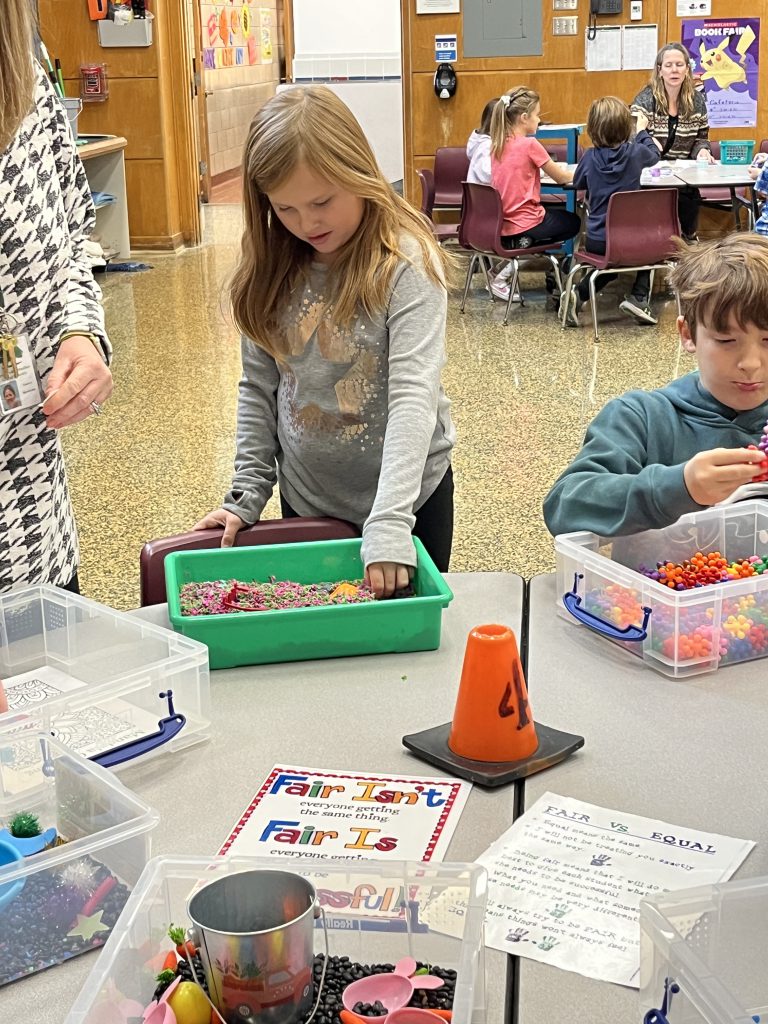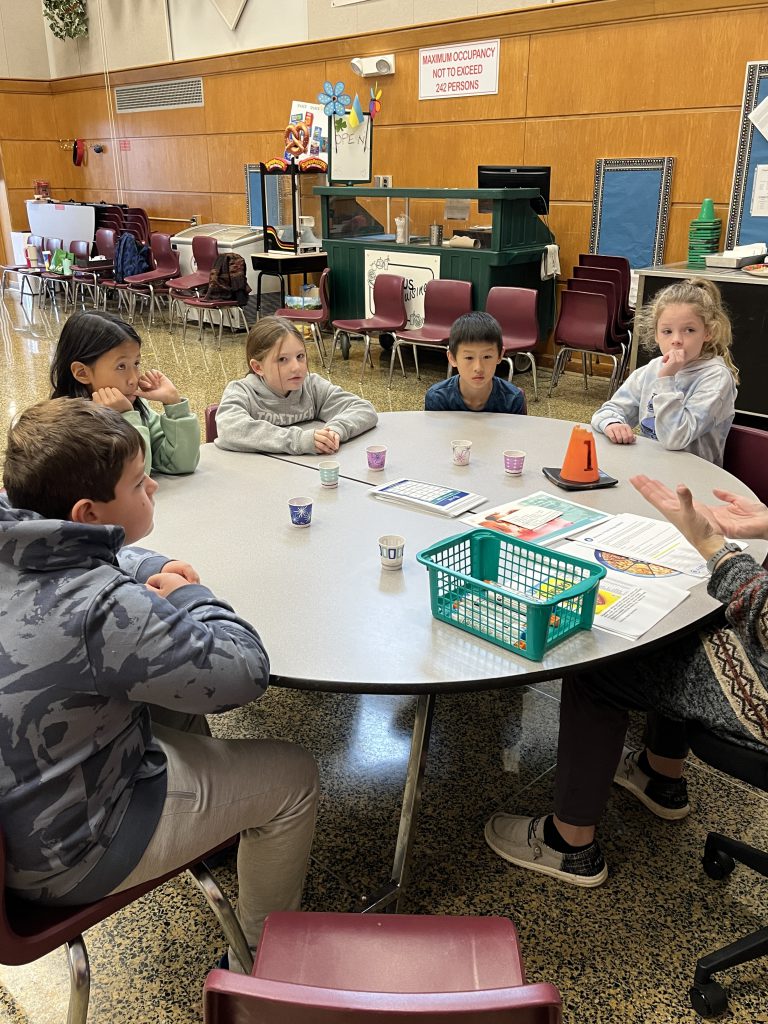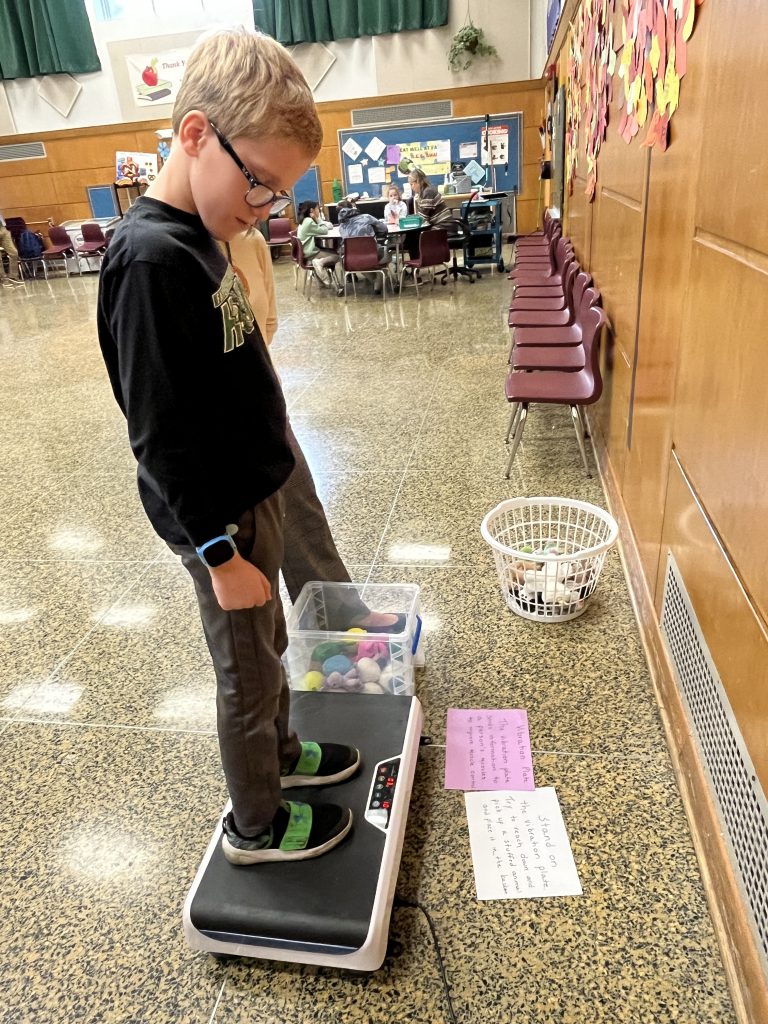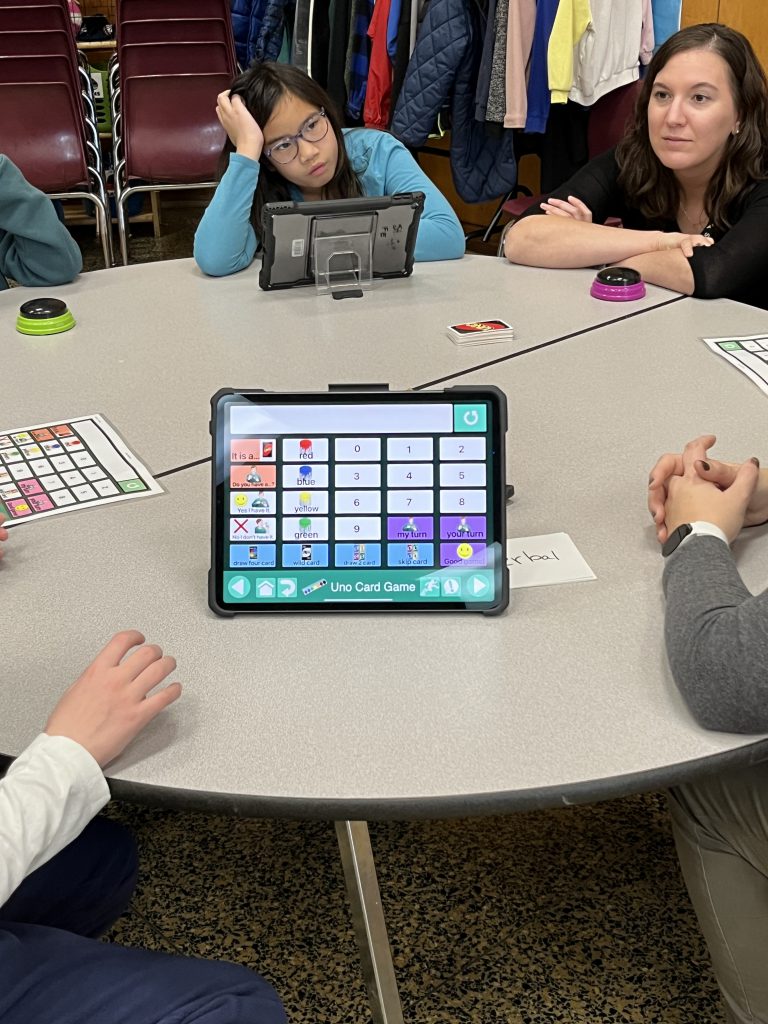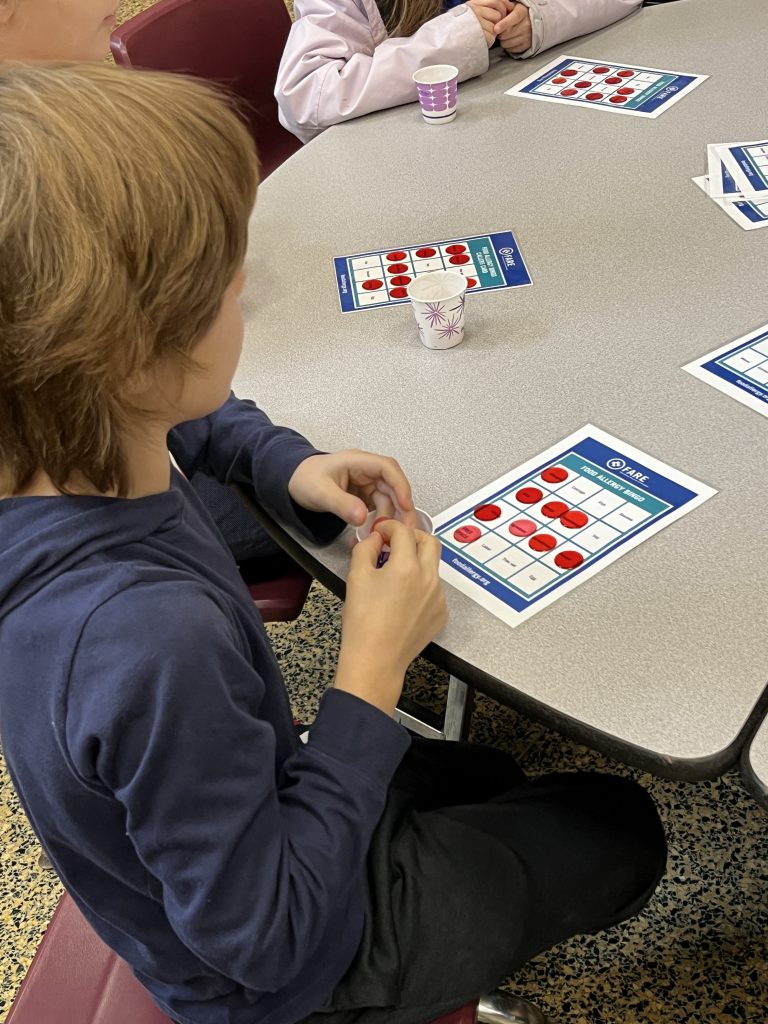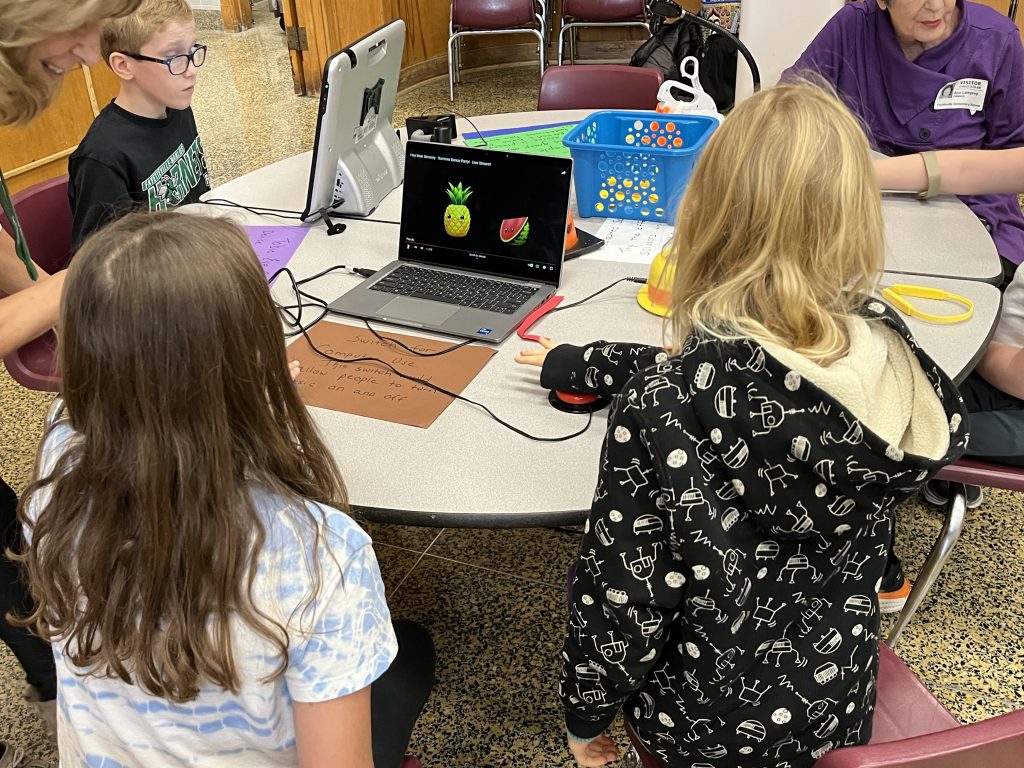Everybody learns differently. That’s the message behind Fayetteville Elementary School’s WALDO event, which fourth graders experienced in early November.
The “We All Learn Differently Olympics” encompassed two days. The first included a panel of speakers who spoke with students about their own experiences, shared videos, and answered questions.
“The videos provided our students with real life examples of different types of technology and supports that people with disabilities use to work, drive, fly on airplanes and participate in recreation activities,” explained Occupational Therapist Teresa Wildhack. “Three of our panelists participate in a competitive soccer league using their wheelchairs and another panelist participates in Special Olympics.”
This year’s panel speakers included Jess and Ryan Charboneau, who are both F-M graduates. Jess is currently a speech therapist with the Syracuse City School District and Ryan is an engineer. Also on the panel was Peyton Sefick, who is the Acting Executive Director of the Fitness Inclusion Network, located within Syracuse University, and Kayla McKeon, a C-NS graduate and current lobbyist with the National Down Syndrome Society in Washington, D.C. Kayla also worked with Mattel to design a Barbie doll with Down Syndrome.
“What I really want to challenge you to do is think about questions about disabilities,” Jess Charboneau told students. “Think about questions that you might have about how we live our lives, because that’s how you’re going to be able to grow and understand and learn a little bit more about how to think for others and how to advocate for others and how you can make your school a little bit better.”
During the second day of the school’s WALDO event, fourth grade classes took turns moving through four stations. One station was led by the school’s speech teachers, who showed students different communication devices, such as an iPad with words and symbols on it to help students who may need to communicate differently. Another station was led by the school nurse, who taught students about food allergies and dietary restrictions. The third station aimed to make students more aware of classmates who may need sensory support in the classroom, such as cushioned chairs, wobble stools, or sensory bins. Resource teachers explained the difference between fair and equal, and how a fair classroom is one where all students have the resources they need to succeed. The fourth station was led by the school’s OT/PT specialists, and taught students about resources used to help those with different motor skills.
Leading up to the event, fourth grade library classes spent two weeks reading several books about the many different ways people learn, move, and experience the world. Students discussed ways to make their school community more welcoming and inclusive. Students also explored different formats of library resources and accessibility features, such as audiobooks, braille books, descriptive audio, text-to-speech, and captioning.
WALDO has evolved over the years. Before the pandemic, it happened biannually and included third and fourth graders. Now, the event happens annually with just fourth grade classes.

